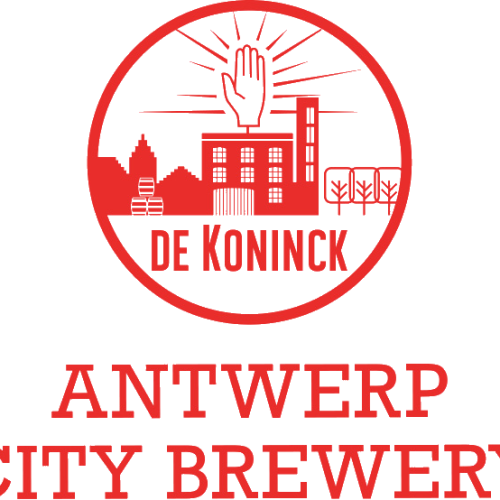
Brouwerij De Koninck - Duvel Moortgat
City brewery De Koninck was founded in 1833 and originated from an existing tavern. Initially it was called Brewery De Hand, named after a boundary marker with a hand as a boundary sign. You can still find this hand in the logo of De Koninck.
Since 2010, the De Koninck brewery has been part of the group of family breweries around Duvel Moortgat.
Products from Brouwerij De Koninck - Duvel Moortgat
The story of the hand of Brewery De Koninck
On June 26, 1827, Joseph Henricus De Koninck purchased the inn “De Plaisante Hof” on the border between Berchem and Antwerp. He didn’t enjoy his new property for long: before the end of the year, he passed away. His widow, Elisabeth Cop, remarried port manager Johannes Vervliet, who transformed the inn into Brewery De Hand.
The name refers to the stone boundary marker still standing today across from the brewery, at the corner of Prins Albertlei and Koning Albertparkweg. A hand is carved into the stone — a reminder to merchants that they were crossing a boundary and had to pay toll. That hand has been immortalized in the logo of Brewery De Koninck.
From Charles De Koninck to Mr. Modeste
In 1845, Joseph’s son Carolus De Koninck took over the brewery. His sister Josephina succeeded him in 1909 and renamed the business Brasserie Charles De Koninck in his honor. She also hired grain trader Florent Van Bauwel. In 1913, the brewery started brewing De Koninck beer. After World War I, the brewery restarted operations under Florent Van Bauwel and Joseph Van den Bogaert, who came from a brewing family in Willebroek and graduated from the agricultural and brewing school in Leuven. Thanks to his technical expertise, the brewery flourished further.
In 1949, Modeste Van den Bogaert inherited the brewery after the death of his father. “Mr. Modeste” led the company for more than half a century and became president of the Belgian Brewers’ Confederation in 1977. Under his leadership, investments were made in the bottling plant, exports began to countries like South Africa, Russia, and Japan, and a new brewhouse opened in 1995.
New life at Brewery De Koninck after the takeover
Under the leadership of Dominique and Bernard Van den Bogaert, the sons of Mr. Modeste, the 175-year-old Brewery De Koninck received the quality label from Belgian Family Brewers. Still, the glory days seemed to be fading, with declining production. In 2010, the brewery was acquired by Duvel Moortgat, despite competition from Heineken and Palm Brewery.
Duvel Moortgat quite literally brought the brewery back to life. The bottling facility was moved, making space for other artisanal trades. A cheesemonger, a butcher, a chocolatier, a baker, and several culinary businesses moved into the former brewery buildings. Visitors can also enjoy an interactive brewery tour without a guide. Along the way, they learn more about Belgian beer cultures, Belgian beers, Antwerp as a beer city, and the brewing process.
The beers of Brewery De Koninck
Bolleke, an amber-colored beer with 5.2% alcohol, is undoubtedly the most famous beer from De Koninck. Originally brewed under the name De Koninck, it is recognized as a regional specialty. In 2019, it was officially renamed Bolleke, after the nickname it earned thanks to the iconic glass in which true fans pour and enjoy it.
In addition, Brewery De Koninck also produces the Tripel d’Anvers, a golden tripel, and (draft only) De Koninck Winter, a warming winter beer with 6.5% alcohol. Wild Jo, a blond beer that referments in the bottle and keeps well, is no longer produced. However, the original beer glasses for this and other De Koninck beers are still available at Belgian Beer Heaven.
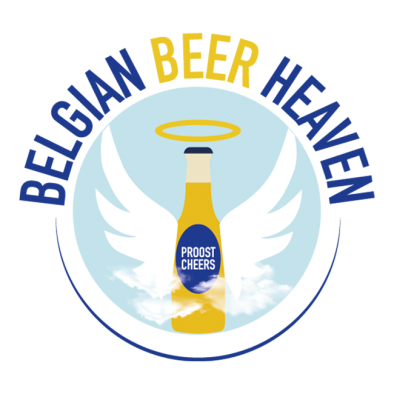
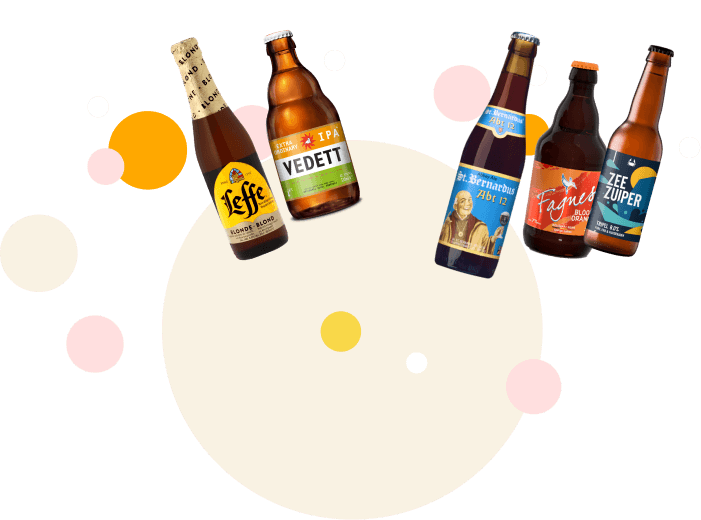

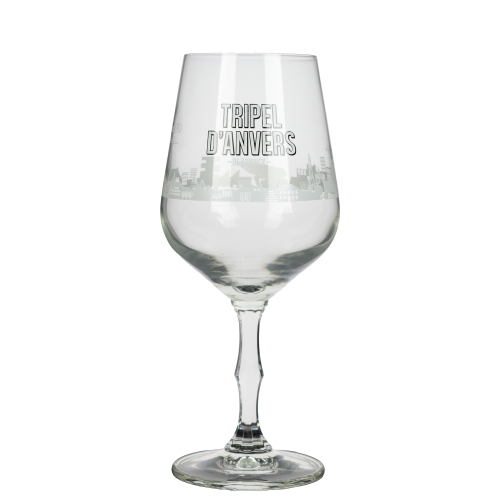
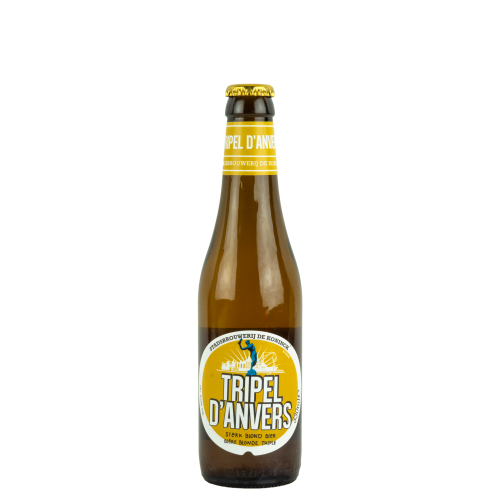
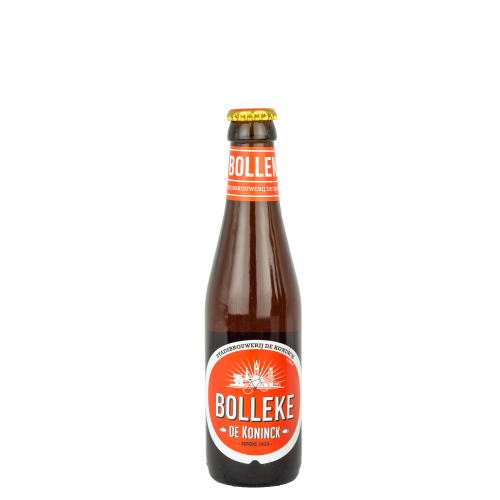
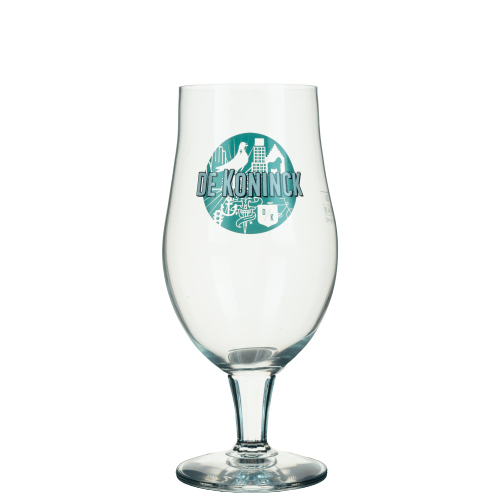
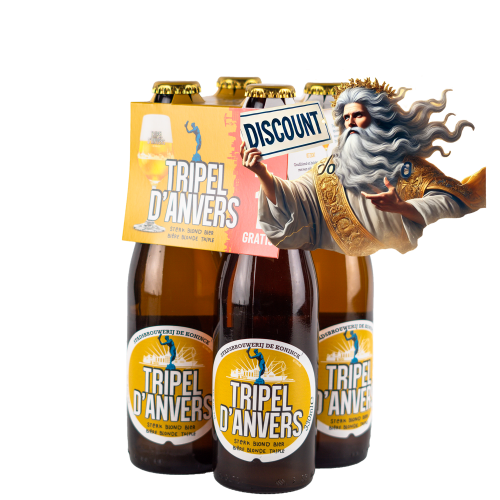
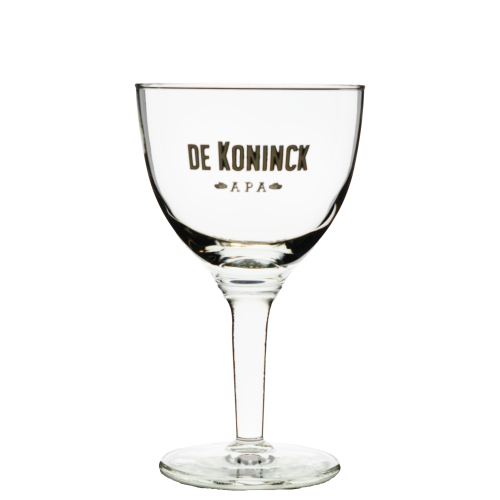---14308-1710161408.png)